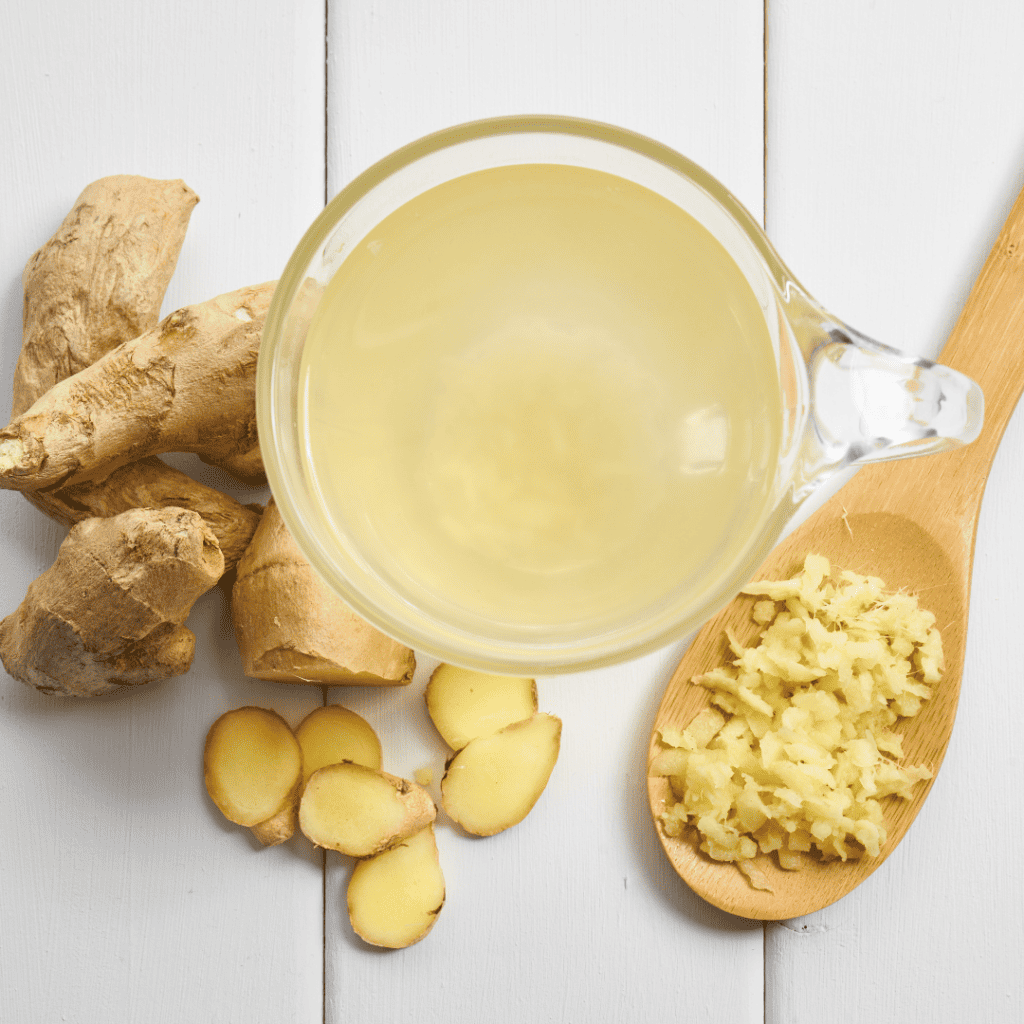
Pregnancy is a magical time, but it may not seem like it when you’re running to the bathroom too many times a day to throw up. Morning sickness can undoubtedly put a damper on the first trimester of pregnancy – and for some mamas, even beyond. While morning sickness is a normal part of being pregnant, there are a few things you can do to lessen the symptoms and reduce nausea.
What Is Morning Sickness?
The term ‘morning sickness’ can be misleading. The vomiting and nausea that characterize morning sickness during the first few months of pregnancy can actually happen at any time of the day – so yes, morning sickness can happen at night.
Cleveland Clinic explains that while the exact cause of morning sickness isn’t actually known, it’s believed to be triggered by the changes that happen in the body during the start of pregnancy, “It may be caused by: Low blood sugar, an increase in pregnancy hormones like human chorionic gonadotropin (HCG) or estrogen, blood pressure fluctuations, [and] changes in metabolism.”
How Long Before Morning Sickness Starts?
Morning sickness affects up to 70% of pregnant women, however, there is no definite start date as everyone is different. “The timeline is different for everyone, but symptoms generally appear around weeks six to eight of pregnancy,” says Parents.
This can include heartburn, full-on vomiting, and general queasiness.
How Long Can Morning Sickness Last?
It usually starts tapering off near the end of the first trimester, the beginning of the second trimester. According to an American Journal of Obstetrics and Gynecology study, many women still experience some nausea at week 14 of pregnancy while 90% of women have resolved morning sickness by 22 weeks.
Some women – but very few – have morning sickness throughout their pregnancies.
Foods That Fight Nausea During Pregnancy
When it comes to morning sickness relief, many women don’t want to eat at all! However, an empty stomach can make you feel worse. It’s important to still get food down – even if it’s just small meals to get essential nutrients. “Don’t eat right before you lie down, and keep a small snack by your bedside to eat as soon as you wake up. Preventing that empty stomach is the main goal, even if it means finding something small to eat hourly,” advises Healthline.

Ginger
Ginger has been used as a medicinal remedy around the world for many years and can be used to make a morning sickness tea. Simply add some ginger to a cup with hot water to steep. Healthline recommends a safe amount for pregnant women to consume: “This equates to 4 cups (950 ml) of packaged ginger tea, or homemade ginger tea made from 1 teaspoon (5 grams) of grated ginger root steeped in water.”
Chicken Soup
It’s important to have protein-rich meals during this time. Protein – beans, chicken, beef, eggs – can help replenish your energy and relieve nausea. Chicken soup is a fantastic, soothing meal to get the vital nutrients you need. If cooked food triggers your gag reflex, you could opt for cold chicken in a salad or with toast.
Bananas
This fruit can help keep your stomach acids at bay, reducing acid reflux and morning sickness. If you’re not a big fan of this fruit, you could blend it up with other ingredients for a smoothie.

Hydrating Foods
Vomiting can cause dehydration, as you’re losing a ton of fluids. When you’re pregnant, you need more water than usual as your body is busy building new tissues and making more blood. Extra water is essential for the optimal function of your body. So, keep a bottle of water with you, and up your intake of hydrating fruits such as watermelon, strawberries, cucumbers, and cantaloupe. Also, the natural sugars in the fruit can help replenish your energy.
Summer Tip: Blend up your favorite fruits and add them to popsicle molds and freeze. Homemade popsicles are a fantastic way to get essential nutrients, cool you down, and hydrate.
More Morning Sickness Hacks
Here are three more ways to get relief from morning sickness:

- Gentle Exercise
The key here is gentle movement! You don’t have to go to the gym or pick up any weights. Simply get some steps in. Walking can help ease a queasy stomach. Bonus points if you get some fresh air at the same time – this will further work to reduce your nausea.
- Peppermint
The smell or taste of peppermint may help make you feel better. Get some peppermint hard candies to suck on when you start to feel queasy.
- Avoid Triggers
Is there a certain smell that causes your hand to come to your nose and mouth? Try and pinpoint what smells are triggering your nausea or vomiting, then eradicate it from your vicinity.

When Should You See A Doctor For Morning Sickness?
If diet and lifestyle changes aren’t helping, and you’re vomiting multiple times a day and struggling to keep food and liquids down, it’s time to see your healthcare provider. Also, if you’re experiencing signs of dehydration – dark urine, dizziness, lightheadedness, dry mouth, and reduced urine output – it’s important to seek medical help.
While morning sickness is a normal part of pregnancy, there are ways to reduce your symptoms. A few diet and lifestyle changes can relieve your nausea and help you function way better in the first trimester.
As you go along your prenatal journey, you are going to have way more questions than how to get through morning sickness. Questions about labor and what to do before and after birth can cause some anxiety. This is where Birth Made Simple comes in. This online course will guide you so you know what to expect and allow you to feel empowered as you prepare for childbirth. Get access here.




